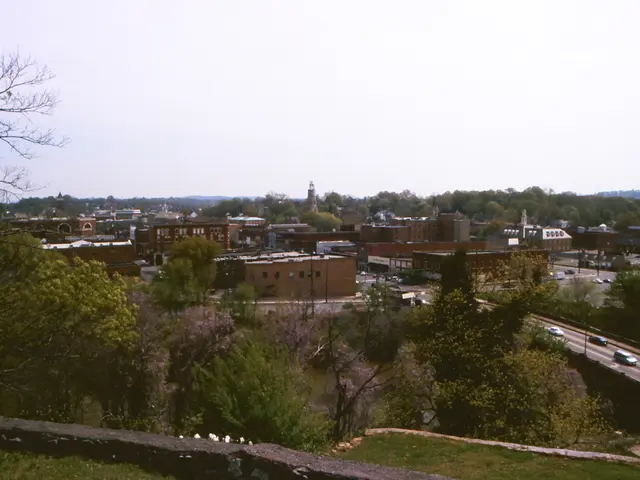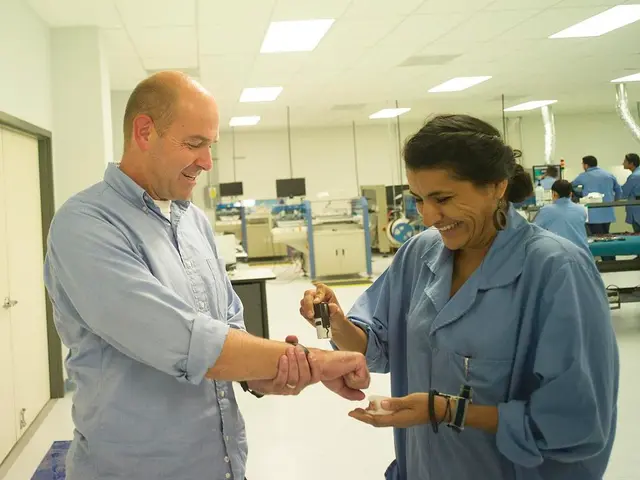State Acknowledges Slow Rhine Region Funding, Promises Changes
The state government has acknowledged the slow pace of structural change funding in the Rhine region. Only 20% of the available funds have been approved, sparking criticism from the SPD and municipalities. The ministry of economics is now reviewing the process and plans improvements.
The state government has recognized the issue and presented measures to accelerate the use of funds. These include retroactive tasks, regular clearing talks, and a flexibility reserve in budget planning. However, SPD representative Lena Teschlade has criticized the government's approach and called for the appointment of a regional representative in the state chancellery to set priorities.
Municipalities have raised concerns about arbitrary decisions, lack of transparency, and staff shortages hindering their ability to follow funding calls or submit project proposals. The mayors of Elsdorf, Bedburg, and Jülich have all expressed concerns about the structural change process and the need for improvements.
The Rhine coal mining area is planned to become a future region by 2038, with 14.8 billion euros available for structural change. The funding is divided into two blocks, with specific deadlines for approval. The SPD doubts that the remaining funds in the first period will be approved by the end of 2026. The ministry of economics is now reviewing the process and plans to provide concrete improvements and reliefs in due course.
Read also:
- American teenagers taking up farming roles previously filled by immigrants, a concept revisited from 1965's labor market shift.
- Weekly affairs in the German Federal Parliament (Bundestag)
- Landslide claims seven lives, injures six individuals while they work to restore a water channel in the northern region of Pakistan
- Escalating conflict in Sudan has prompted the United Nations to announce a critical gender crisis, highlighting the disproportionate impact of the ongoing violence on women and girls.






